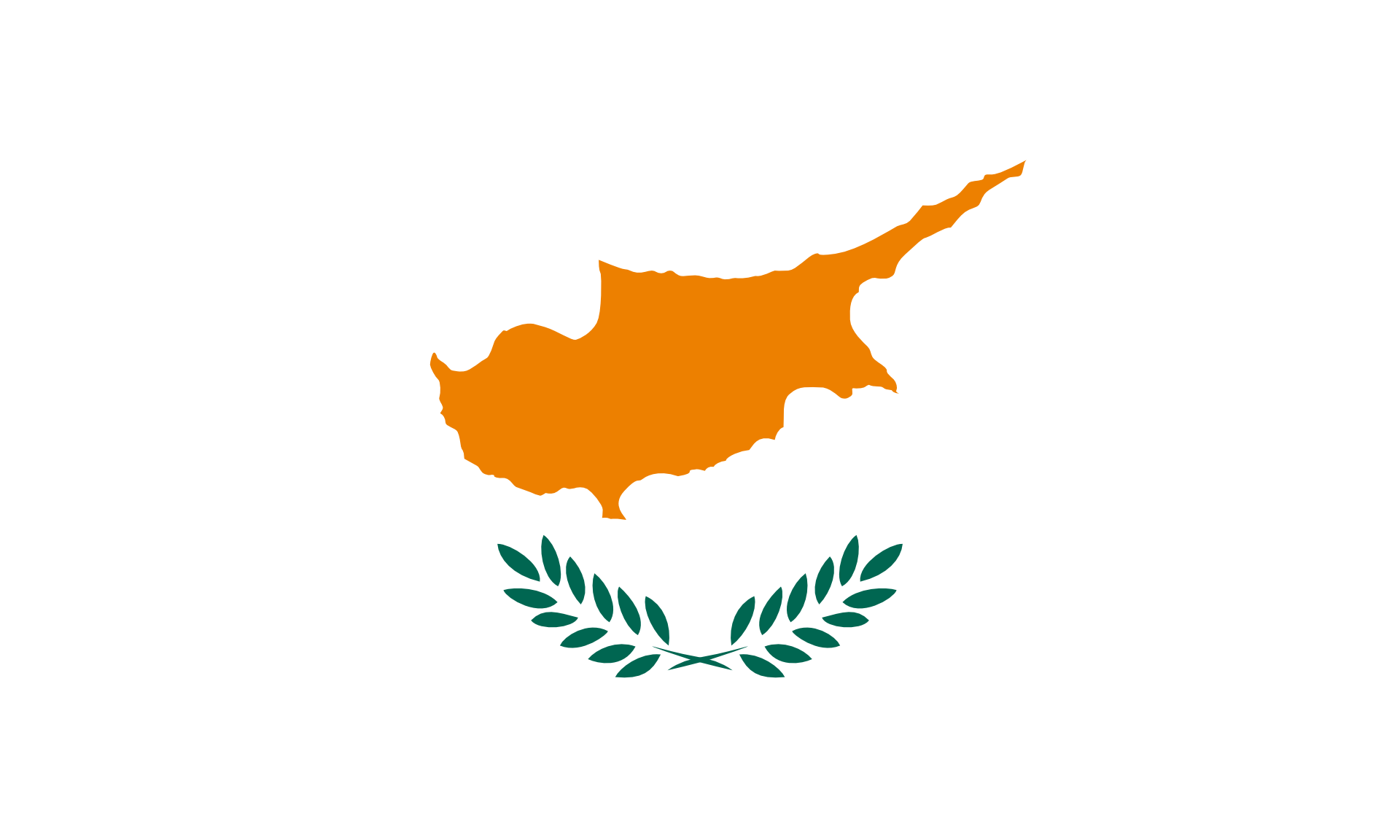It has been two years since a victim of Cyprus’ first convicted serial killer was found chopped up in a suitcase and dumped in a remote lake. Since then, it has transpired that five women and two of their daughters, all of them migrants and most of them in Cyprus on a foreign domestic worker (FDW) visa, were killed between 2016 and 2018 by the same man. One of the most disconcerting features of this case, which also led to the resignation of the Minister of Justice, was that investigations into the victims’ years-old disappearances only began after the accidental discovery of the first body. Until then, the police had assumed that the seven victims, like thousands of other reported missing migrants, had run off to the areas not under the effective control of the Republic of Cyprus. This brought in sharp focus the invisibility of FDW in the eyes of the Cypriot state.
In truth, FDW are vulnerable and marginalised throughout the world. The reasons for this centre around the fact that they are primarily women, migrants, who do essential yet unappreciated work (cleaning, cooking and caring of children and the elderly) and are often hidden from the public’s eye. While these challenges exist everywhere, the difficulties faced by FDW in Cyprus are particularly acute. The legal framework that regulates the working conditions of FDW in Cyprus has been criticised in the strongest language by an array of international organisations (see here, here and here). It has also been condemned by the Ombudsman of the Republic in 2010, 2013, 2019 and 2020. In a 2020 survey of 150 FDW, participants reported that they are working 40% more hours than what their contract provides, with more than 1 in 5 working close to, or more than twice the number of hours they are contractually obligated to. A third of FDW are not always paid or are not always paid the full amount they are owed and, to a different question, a third are not always paid on time. Even though the contract provides that FDW are to clean only one house, 67% clean two or more, with some cleaning up to four houses. And although the contract stipulates that FDW have to take a day off per week, one in three participants reported working every single day for years.
One explanation for these dire living and working conditions stems from the frozen conflict on the island. While at first glance, this is seemingly unrelated to FDW, it has had three, often ignored, social consequences: it has deprioritised the feminist agenda, normalised nationalist policies and created among Cypriots a skewed understanding of human rights. All three have had particularly detrimental effects on FDW.
The deprioritisation of the feminist agenda
In Cyprus the national issue has taken priority over feminist demands for greater empowerment, a phenomenon that particularly affects FDW, most of whom are women. The relative marginalisation of women in the country is reflected in the fact that Cyprus ranks 21st out of the 27 EU Member States in the Gender Equality Index 2020, with an even more worrying performance in the domain of power (in which Cyprus was ranked 24th, scoring less than 30 percentage points). Even women who are in power have not pushed for the empowerment of other women and have generally focused their efforts on addressing issues that relate to the frozen conflict. Thus, the political attitude seems to be very much along the lines of ‘let’s sort out the Greek-Cypriot-Turkish-Cypriot thing first, and then we’ll sort out the gender thing’.
The implications of the deprioritisation of the feminist agenda for FDW are profound. For instance, the employment contract refers to the possibility of launching a complaint against one’s employer. However, as long as the complaint is being investigated, a process that can take several months, the FDW is not allowed to work and she is also not eligible for receiving any state support. This lacuna in the law leaves the FDW with only unsatisfactory options: she can report, but stay without any income, thus forcing her to turn to survival sex, she can stay with her abusive employer, or she can leave her employment and become an irregular migrant, thus receiving even less protection from the law. When one considers these options, it is unsurprising that 75% of FDW state that they would not inform the authorities if they had been physically or sexually abused.
The normalisation of nationalist policies
Frozen conflicts can only be sustained if a series of societal beliefs are accepted by the general population. These beliefs include the in-group’s victimization, a positive self-image, the need for unity and the delegitimization of the out-group. Combined, these beliefs create fertile ground for a sense of nationalism, or even racism camouflaged as nationalism. And while nationalist or racist feelings in the Republic are mostly directed towards Turks or Turkish Cypriots, their wide acceptance by the general population has implications for other groups as well. If someone is perceived as sharing characteristics with the out-group, even if she is not a member of that out-group, she is considered an outsider. Similarly, if she has characteristics that are different to those of the in-group and the out-group, she is again unwelcome because in zero-sum identity contexts, whoever is not with us, is necessarily against us. In light of this, Asians (who make up 98 per cent of FDW in Cyprus) are often lumped together with Turks as being part of a single threatening unit. As the then Minister of Interior put it in 2019, when referring to migrants and asylum seekers, ‘there is a danger that in Cyprus [i.e. the areas under the effective control of the Republic], a Muslim minority will be created. There are settlers in the free areas’.
One consequence of this mistrust towards Asians has been to classify them as ‘temporary workers’, which has led the government to provide sub-standard rights protection to them. For instance, under EU Law, third country nationals who have been working in an EU Member State for five years or more can apply for permanent residency. A FDW can be issued a visa for a maximum of six years, yet when an eligible FDW applied for permanent residency, she was denied this because of her status as a ‘temporary worker’. In practical terms, this decision means that FDW can never hope to be employed in a different sector, will always be experiencing insecurity as precarious migrant workers and, crucially for a group of women 79% of whom are mothers, they are automatically disqualified from family reunification.
The skewed understanding of human rights
In an attempt to attract international support, which is expected to translate in additional power when negotiating a future peace settlement, Greek Cypriots have been presenting themselves exclusively as the victims of human rights violations that took place in 1974. This emphasis on Greek Cypriot victimhood has two implications. First, it has encouraged the belief that since Greek Cypriots suffered such gross human rights violations in their past, they are in a special category in terms of the support they deserve from the state. Second, it has led human rights mostly being viewed as something that is exclusively given or taken by third parties. Consequently, there is virtually no, or very little, mobilisation pushing for the protection of the rights of vulnerable.
The impact of this skewed perception of human rights becomes most obvious when focusing on human rights education in schools. In 2010, the school curriculum was revised, departing from its nationalist objectives and placing emphasis on ideas such as human dignity, equality and democracy. Yet, the absence of any training to make this transition a successful one meant that when teachers were asked in 2016 to mention human rights violations in the country, all of them used 1974 as their starting point. Perhaps the starkest illustration of how the educational system, and society as a whole, views FDW is the decision in 2015 of one school to include as a gift in its Christmas raffle the payment of expenses to bring a FDW to Cyprus.
In conclusion, the case study of foreign domestic workers in Cyprus, shows that frozen conflicts might be non-violent, but they are not cost-free. This is especially true for those who are not members of a dominant group, or who do not neatly fall in one of the categories created and perpetuated by the frozen conflict itself.
An online research seminar on the topic took place on 16 February 2021, organised by the Hellenic Observatory. For more information please visit the event page.
You can check out the Research Project Exploring the Socio-legal Challenges Faced by Foreign Domestic Workers in Cyprus here.
Note: This article gives the views of the author, not the position of Greece@LSE, the Hellenic Observatory or the London School of Economics.





